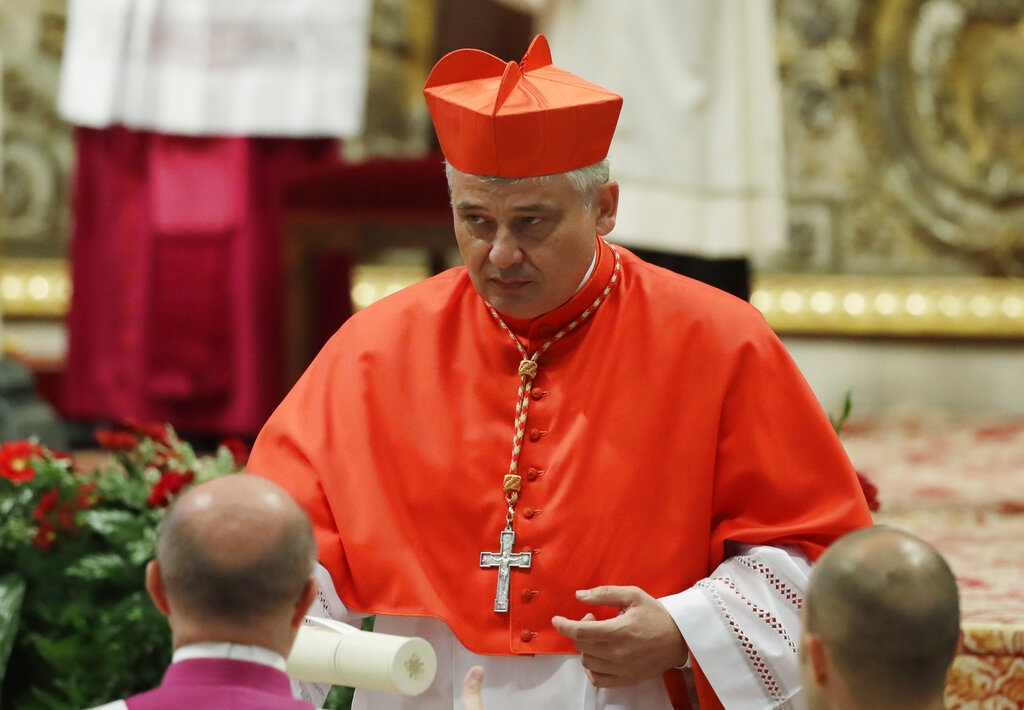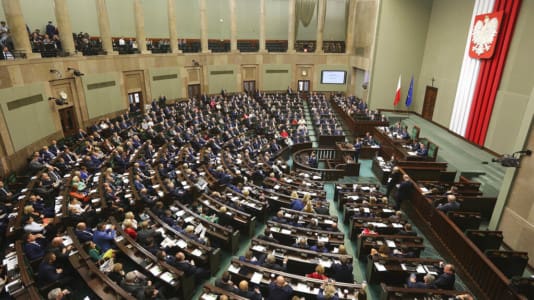“A Pole as the next pope?” and “Cardinal Krajewski is cut from the same cloth as Francis” are just two of many headlines that recently appeared in the Polish media regarding the next conclave in which Cardinal Krajewski, the current papal almoner, could become the pope’s successor.
While observing how news outlets compete in publishing the same story, one does not know whether to laugh or cry. Firstly, the analysis made by U.S. Vatican expert John L. Allen Jr. on the topic was initially published in the Cruxnow.com portal in September, but the media only picked it up now. Secondly, speaking about Krajewski as the potential successor of Pope Francis is similar to the hysteria from not long ago when everyone predicted the resignation of Pope Francis, despite him expressly denying it.
Cardinal Konrad Krajewski, who began working at the Vatican in the Office of Papal Celebrations during the pontificate of Pope John Paul II, was pulled from the shadows by Francis in 2013. A message had reached the pope that one of his subordinates was slipping out at night to the streets of Rome to give away sandwiches he made himself to the homeless. Pope Francis appointed him the papal almoner and entrusted him with caring for the poor.
Krajewski became famous for establishing baths and a hairdresser in the colonnade surrounding Saint Peter’s Square, as well as for his regular trips to Rome’s train stations, where he gives away gifts from the pope to the homeless and the poor. He once unsealed an electricity meter in one of Rome’s tenements and, ignoring the Italian government, turned the power back on.
Yes, Krajewski is a man with “cojones” as John L. Allen Jr. put it. He is cut from the same cloth as Pope Francis, only this is not enough to become the next pope. The idea that a pope from Poland, a conservative country after all, would uphold the doctrine of a liberalizing Church, cannot be taken seriously, to put it mildly.
Another questtion is if after the record-long pontificate of Pope John Paul II, cardinals would make such a decision. It can be assumed that Krajewski, not yet 60 years old, would rule just as long. Moreover, would the cardinals want someone with the style of the current pope? Numerous voices not only inside Vatican walls but also in regional churches mostly say no. Much points to any “revolutionist” candidate not having a favorable position.
Pope Francis, despite being in a wheelchair after the operation, is doing well. However, he is 85 years old, so it is not surprising that the media is looking for a candidate. The list of papabile is quite long: Cardinal Christoph Schoenborn from Vienna; Cardinal Luis Tagle from the Philippines, currently the pro-prefect for the Section of Evangelization of Dicastery; Cardinal Jean-Claude Hollerich, the archbishop of Luxembourg; and recently there has been more and more talk about an Italian cardinal, Matteo Zuppi, the archbishop of Bologna and the president of the Italian Episcopal Conference.
But finally, it is worth bringing up the known saying among Vatican experts: “One who enters the conclave as the pope, leaves it as a cardinal.”





